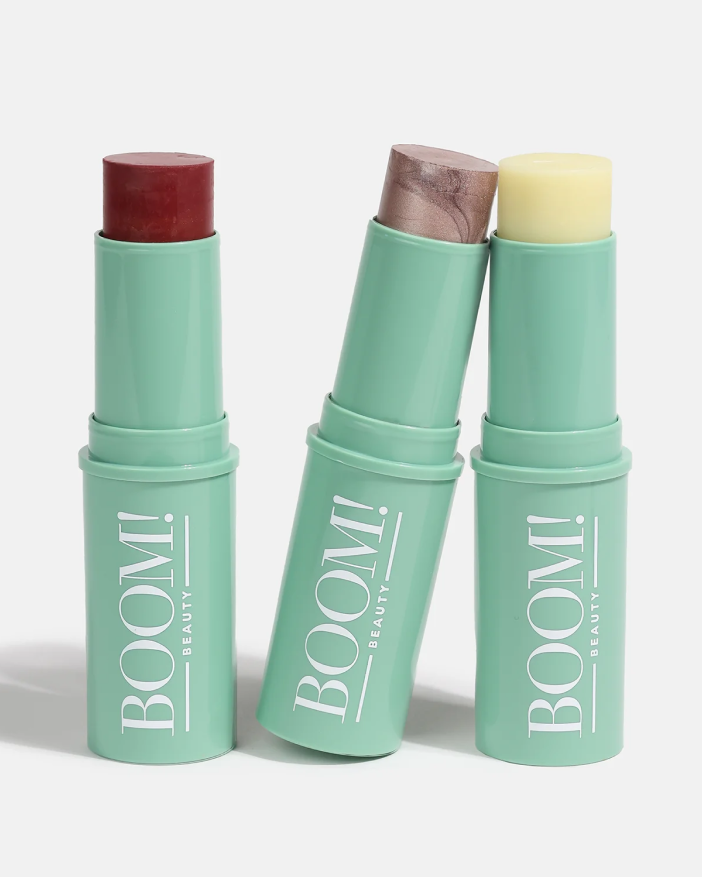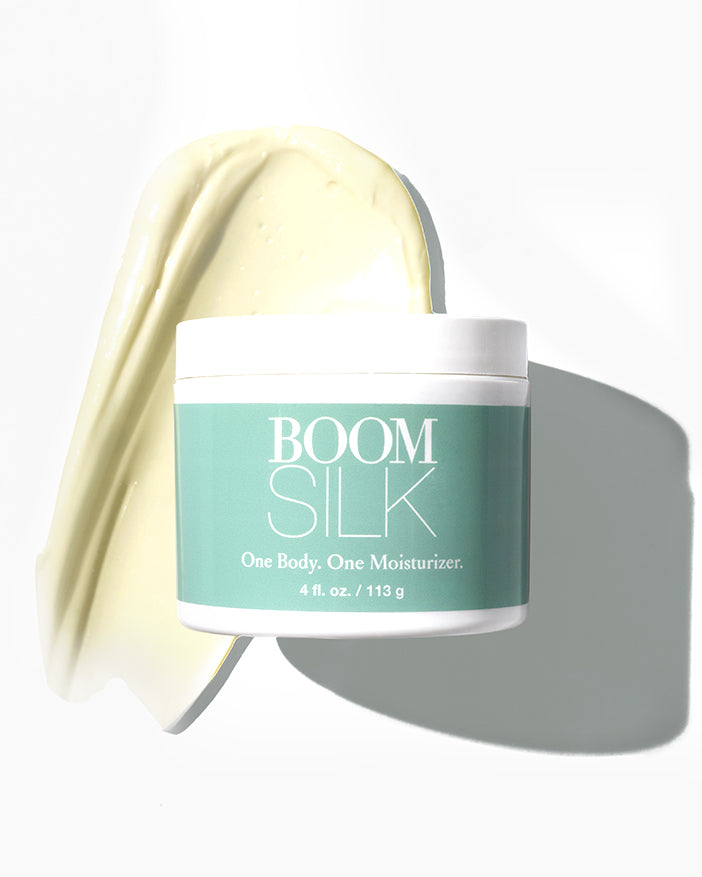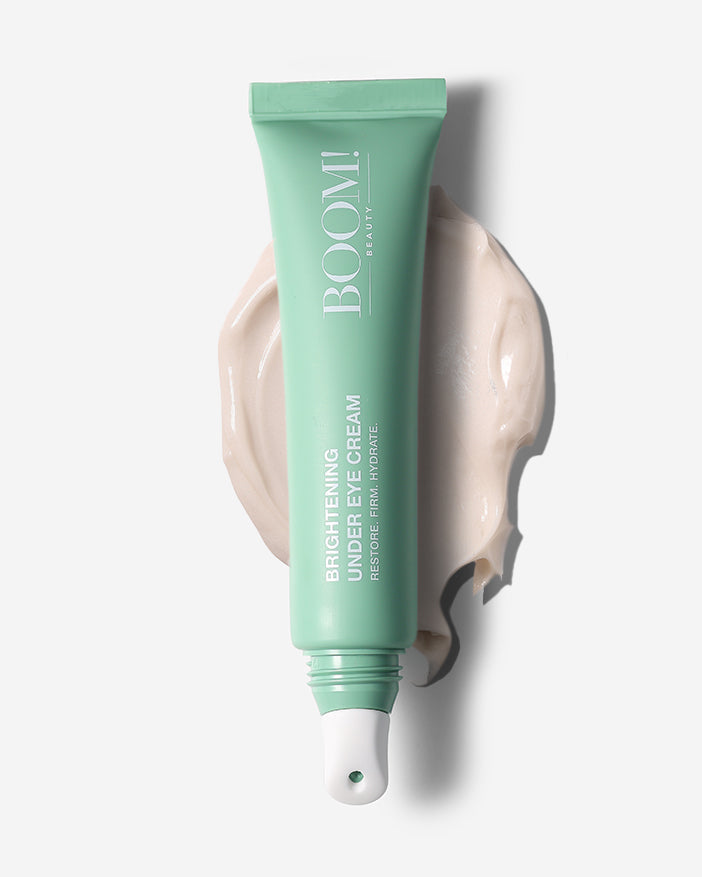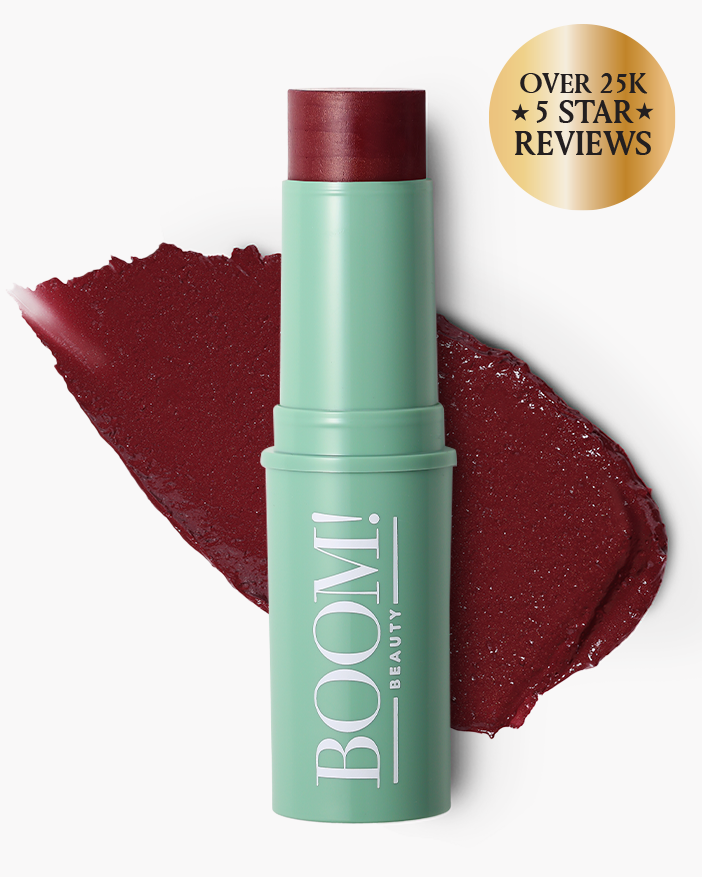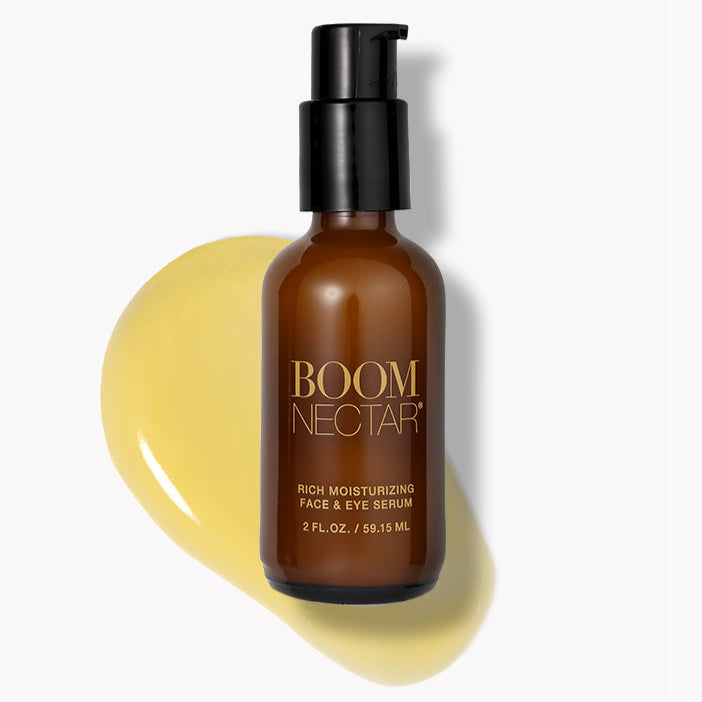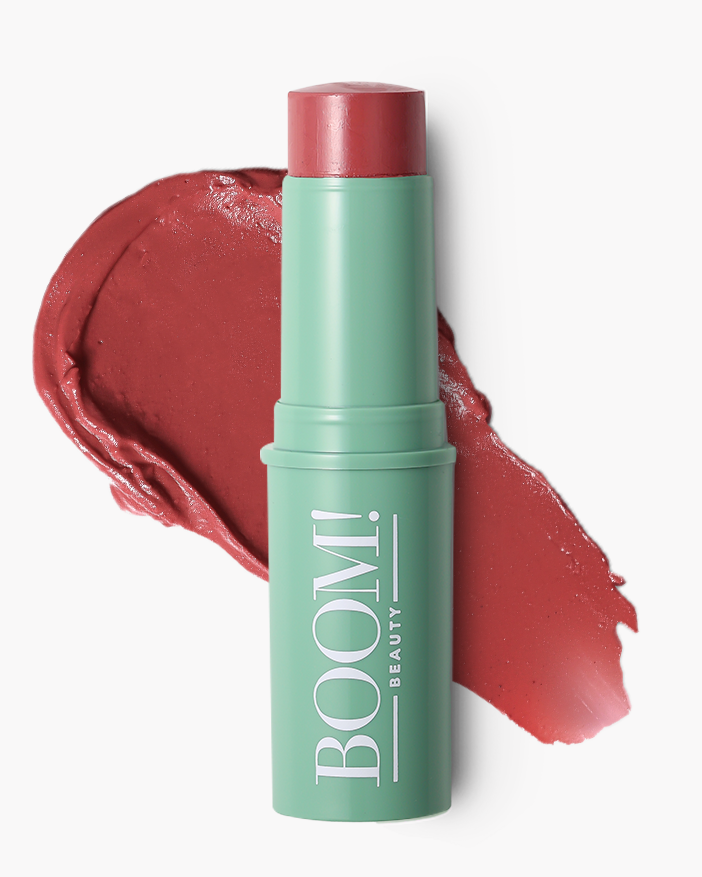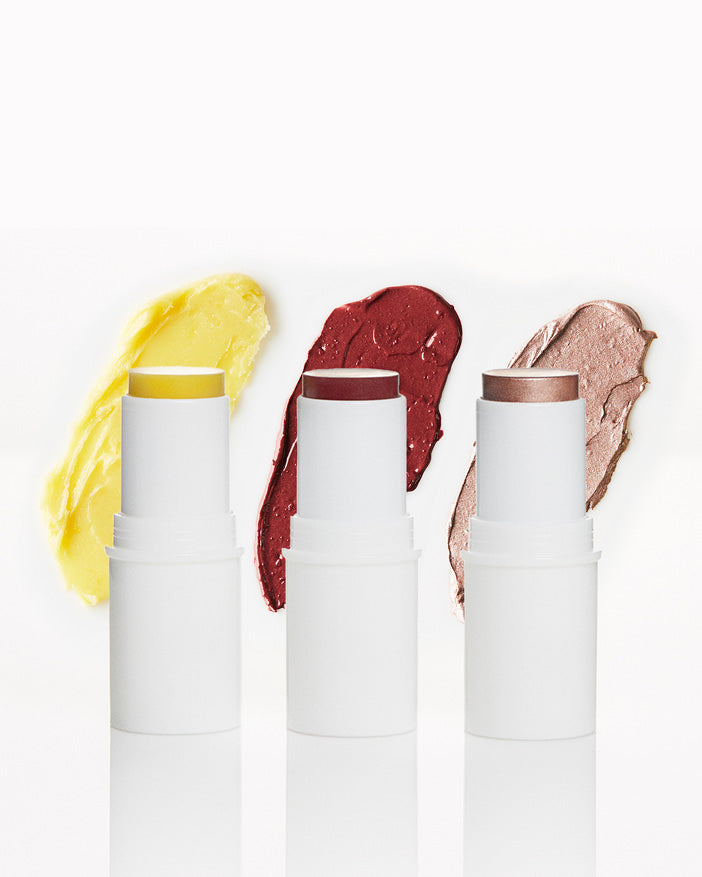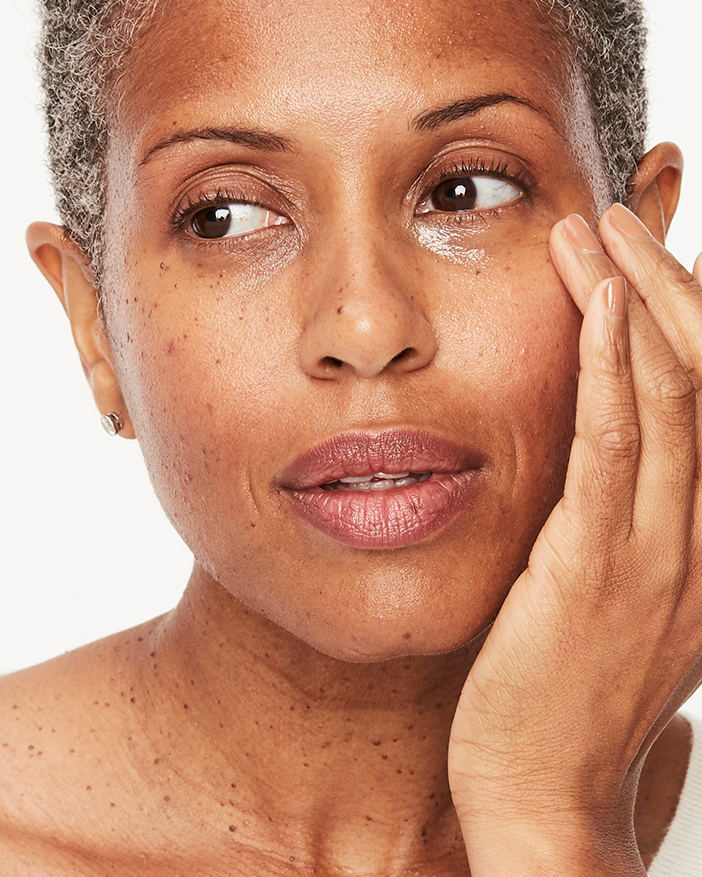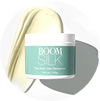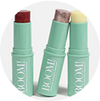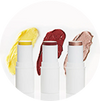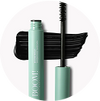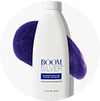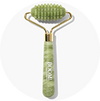We all know that vitamins and minerals are important to our overall health. Most of us get plenty of what we need from our diet.
As we age, however, our ability to absorb nutrients decreases. That means even if your diet is well-balanced and full of essential goodies, you still might not be absorbing enough of the things you need.
Few studies have connected better health with taking supplements or vitamins—except when there are health concerns caused by deficiencies. These kinds of deficiencies become more common as we age.
Taking a supplement or vitamin or choosing fortified foods can help your body retain these nutrients for better health and quality of life.
Here’s our roundup of the best supplements for women to help you live your best pro-age life.
1. Calcium
You likely know that aging greatly increases your risk of osteoporosis—a condition that causes bones to become thin, brittle and fragile. This is especially true for women after menopause.
It’s estimated that women lose up to 10% of their bone mass in the first five years after menopause.
Studies have consistently shown that supplementing with calcium can decrease bone loss by up to 20%. That makes it one of the best supplements for menopause.
If you have a family history of osteoporosis or bone fractures, especially among your female relatives, a calcium supplement may help prevent bone loss and support bone production as you age.
2. Vitamin D
You might be surprised to learn that vitamin D is an essential nutrient that many of us are deficient in most of our lives.
About 1 billion people worldwide are estimated to have vitamin D deficiency. In the US, approximately 35% of adults are deficient, while many others are getting some, but not enough, vitamin D.
The skin is actually the major source of vitamin D production for the body. But as we age, that production decreases. Around the same time, the gut begins to struggle to absorb vitamin D from our food.
This important vitamin plays a role in mental health, skin health, bone health, cardiovascular health, diabetes, cancer, infections and neurodegenerative diseases, so a deficiency could play a role in a variety of conditions and symptoms.
That makes vitamin D one of the best vitamins for women of any age. Experts recommend taking 600 to 800 IU per day.
3. Folate
You’ve probably heard of folate, or folic acid, which is an important B vitamin in pregnancy. But your need for this important nutrient doesn’t go away after your childbearing years.
Folate plays a lifelong role in cardiovascular health. It may help prevent certain cancers and some studies have linked folate to cognitive function and dementia prevention.
Folate is found in many foods, including dark leafy greens, peas, beans and nuts, as well as some citrus fruits. It’s also a common nutrient in fortified cereals.
But if you have certain conditions, take medication that interferes with absorption or eat a very low-calorie diet, you may wish to supplement with a vitamin B complex or other multivitamin for women that contains folic acid.
4. Magnesium
Struggling with sleep? You may need more magnesium, a vital nutrient that helps regulate blood pressure and blood sugar and is important for bone health and muscle regulation. In fact, some people with restless leg syndrome find magnesium helpful for managing the symptoms of RLS that interfere with sleep.
Magnesium may also play a role in the regulation of the neurotransmitters involved in sleep. Many women swear by it in menopause as it may help moderate the hot flashes, stress and anxiety that can interfere with sleep in this stage of life.
Magnesium is generally easy to obtain in your diet—unless you’re older, have type 2 diabetes or have a gastrointestinal disorder. In those cases, you may find a supplement helpful.
5. Black Cohosh
This North American plant was used by Native Americans to help with a variety of symptoms and ailments including pain, fever, cough and menstrual irregularities.
Black cohosh is one of the most studied natural herbs for menopause. Most have focused on remifemin, a single extract of the plant.
Some studies have indicated that black cohosh may have benefits for common menopausal symptoms including hot flashes, night sweats, sleep disturbances and irritability. Others have shown mixed results.
If you struggle with menopause symptoms, we suggest talking to your doctor to find out if they recommend black cohosh for your symptoms.
In fact, we suggest you talk to your healthcare practitioner before adding any supplements to your diet. They can confirm if you need supplementation or may be able to recommend a multivitamin formulated for your needs. It is also possible to take too much of some vitamins and many can have interactions with other medications you may be on.
We hope knowing about these important vitamins and supplements will help you live a healthier, happier, pro-age life.
Do you take any vitamins or supplements? If so, what do you take and why?
CHECK OUT OUR MOST POPULAR CONTENT


